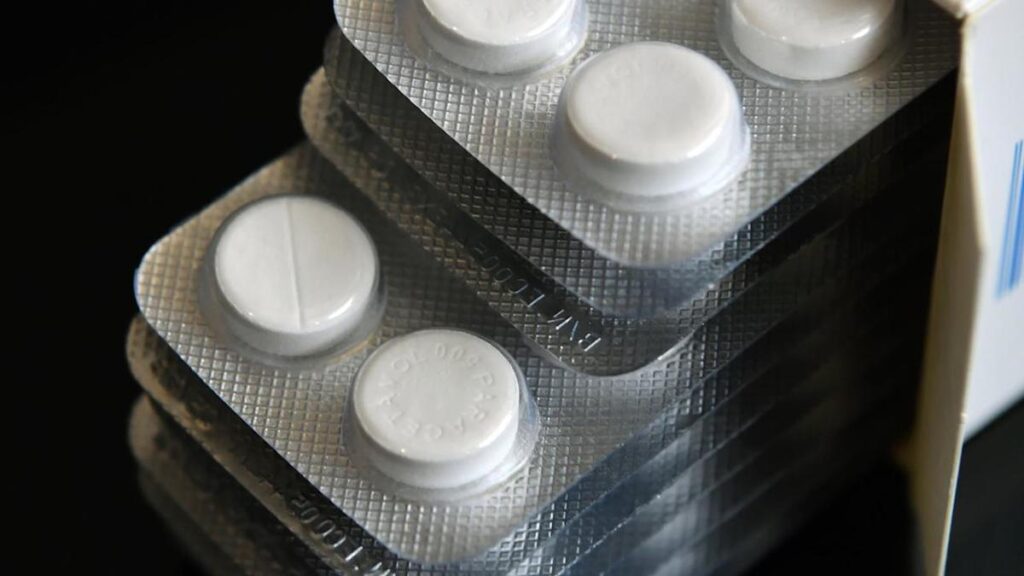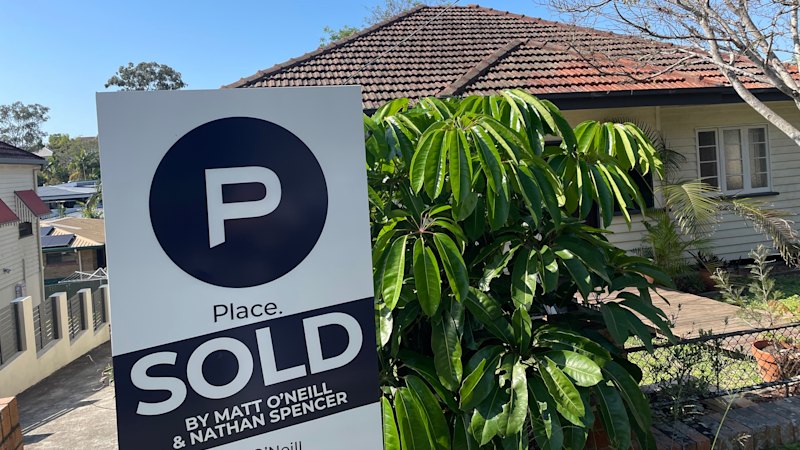
URGENT UPDATE: Australian Health Minister Mark Butler has announced a push to expedite the approval process for new medicines, responding to growing pressure from both domestic and international stakeholders. Amid criticisms that Australia is falling behind other nations, Butler confirmed he is reviewing recommendations from Medicines Australia to accelerate the listing of new drugs on the Pharmaceutical Benefits Scheme (PBS).
It currently takes an average of 466 days for a medicine to transition from approval by the Therapeutic Goods Administration to affordability on the PBS. This lengthy timeline has sparked frustration among healthcare advocates and international lobbyists, particularly the Pharmaceutical Research and Manufacturers of America (PhRMA), which has labeled the PBS as a “non-tariff trade barrier.”
Butler emphasized the urgency of the situation, stating, “We’re living through a turbocharged period of discovery bringing more and more new medicine.” He added that improving the approval system to ensure quicker access to essential treatments is a top priority for his government. “We’re trying to make medicines cheaper at the same time for Australians,” he noted during an interview with the ABC.
The PBS mandates that drug manufacturers negotiate prices with the federal government, a process PhRMA argues puts American companies at a disadvantage. They have accused Australia of “freeloading” on US-funded research and development, with rising tensions over pharmaceutical pricing. Butler acknowledged the complexity of balancing cost and availability, saying, “The medicines industry, understandably, given their interest, want to make prices higher as well.”
In a concerning development for the pharmaceutical industry, Donald Trump has signaled intentions to impose tariffs of up to 250 percent on foreign-made pharmaceuticals, potentially impacting Australian exports valued at over $2 billion in 2024. This trade action could severely affect Australian producers, particularly in the blood products and vaccine sectors.
During a recent CNBC interview, Trump stated, “We’ll be putting (an) initially small tariff on pharmaceuticals,” indicating a phased increase in duties aimed at fostering domestic production. His administration has also pressured major pharmaceutical companies to align their prices with those overseas, further complicating international relations regarding drug pricing.
Officials are now on high alert as these developments unfold. The RAND Corporation reports that Americans pay nearly four times more for medicines than Australians, highlighting the significant disparities in pharmaceutical pricing across countries.
As Butler reviews the recommendations aimed at streamlining the PBS process, the future of drug access in Australia hangs in the balance. Stakeholders will be closely monitoring the government’s next moves, as the pressure mounts for a resolution that balances affordability and innovation.
With the pharmaceutical landscape rapidly changing, further announcements from Butler and the government are expected soon. This issue not only impacts Australian patients but also carries significant implications for international trade and pharmaceutical policy.





